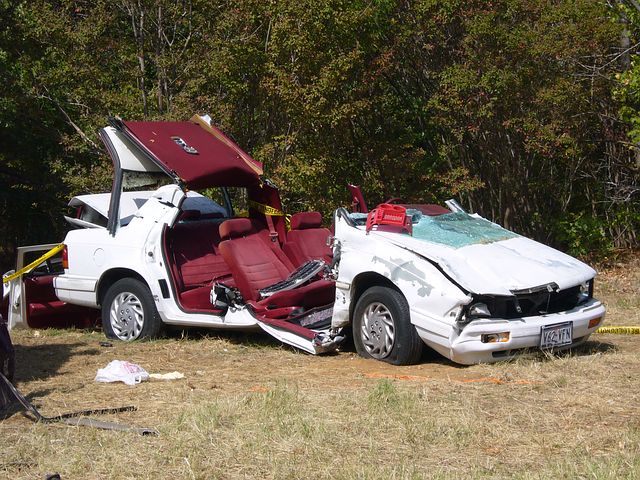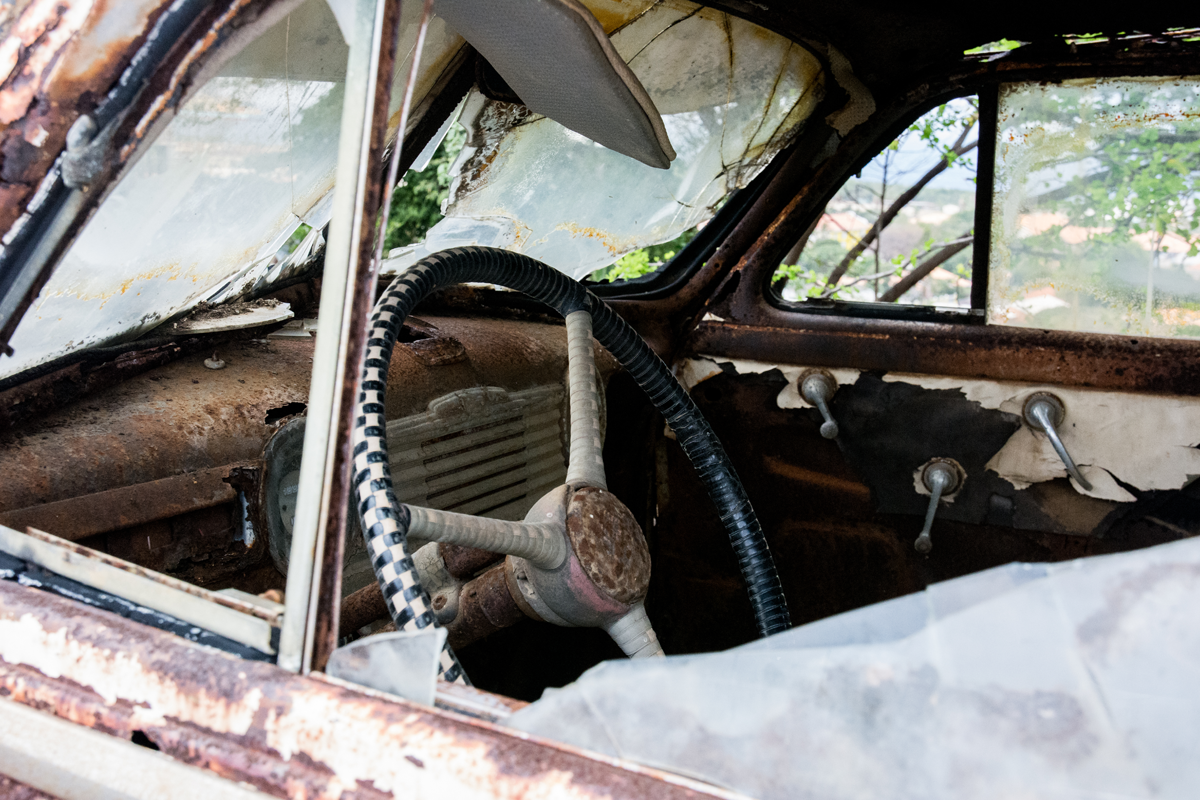The number of “car-crash” media interviews is rising all the time. Just over the last few days we’ve had Diane Abbott and Angela Rayner receiving the Nick Ferrari treatment on LBC. Other recent victims include government ministers like Chloe Smith, shadow ministers like Richard Burgon, elder statesmen like Ken Clarke and even party leaders, with the Green’s Natalie Bennett having an extraordinary “brain fade” in a pre-election interview in 2015.
So why are we getting so many more than ever? Why are politicians unable to cope in the spotlight? Here are five reasons:
- The media is a results business, and broadcast journalists, in particular, can raise their profile by skewering a politician. Nick Ferrari’s profile went up no end last week after his interview with Diana Abbott, which quickly went viral. When Victoria Derbyshire riled Ken Clarke, goading him into disagreeing with her over the nature of rape, he had to fight to save his career – whereas hers got a huge boost. There is a big incentive for journalists to go hostile.
- Over the last few years, MPs have come in for lots of stick – not least with the expenses scandal – and every aspect of their lives is now scrutinised. In fact, politicians remain the profession least trusted by the British public, even below bankers. The result? Only those with the thickest skin are standing for parliament, and bright, talented, knowledgeable people with just average skin thickness are no longer willing to put themselves forward – especially as they can earn so much more elsewhere. We’re narrowing the talent pool from which MPs are chosen, with the result that some of today’s politicians lack the intellectual authority of their predecessors.
- The cult of youth means that many politicians are promoted to senior positions way too quickly, as experienced cabinet ministers go off to make money outside politics. According to research by Stephen Taylor of Exeter University, between 1964 and 1997 the average time between being first elected to parliament and being appointed to the cabinet or shadow cabinet was 12.6 years. For the period between 1997 and 2015 this figure had gone down to just eight years. Chloe Smith, slaughtered on Newsnight by Jeremy Paxman, entered Parliament in 2009 and was promoted to a ministerial post just two years later at the age of 29.
- In this age of social media, voters are far more accustomed to public humiliation of others – from contestants on Britain’s Got Talent to celebrities and political leaders. There’s simply a greater appetite for aggressive interviews. Far from empathising with politicians as ordinary people doing their best, we see them as a breed apart, ripe for a good kicking.
- The sheer number of broadcast media channels continues to rise exponentially. There are now nearly 500 TV channels available in the UK alone, all looking for content, and countless radio stations too. In the 1970s, there were basically three TV channels. Many more channels means many more interviews, and therefore much more chance for politicians to mess up live on air.
None of these trends is going to reverse anytime soon, so we can more car-crashes over the coming years.
………
This article first appeared in PR Week.


